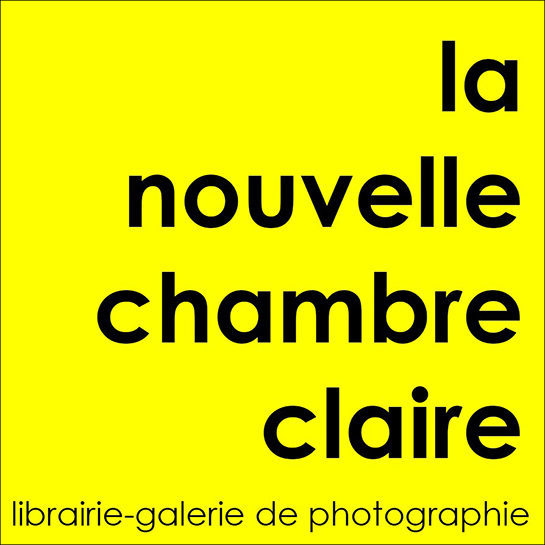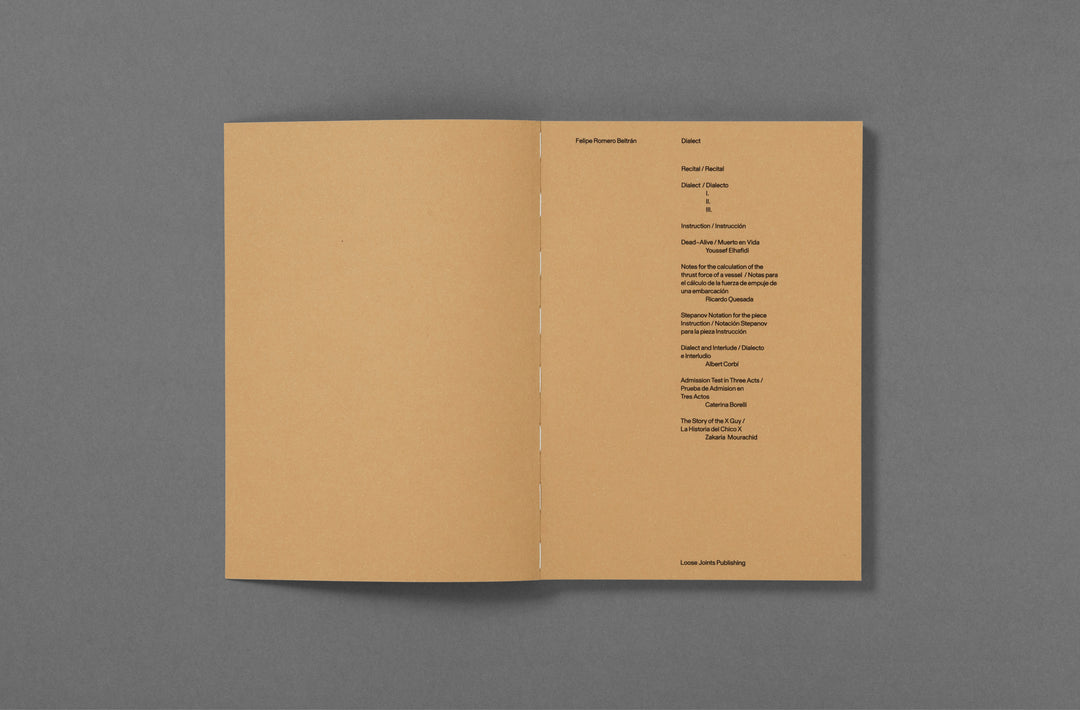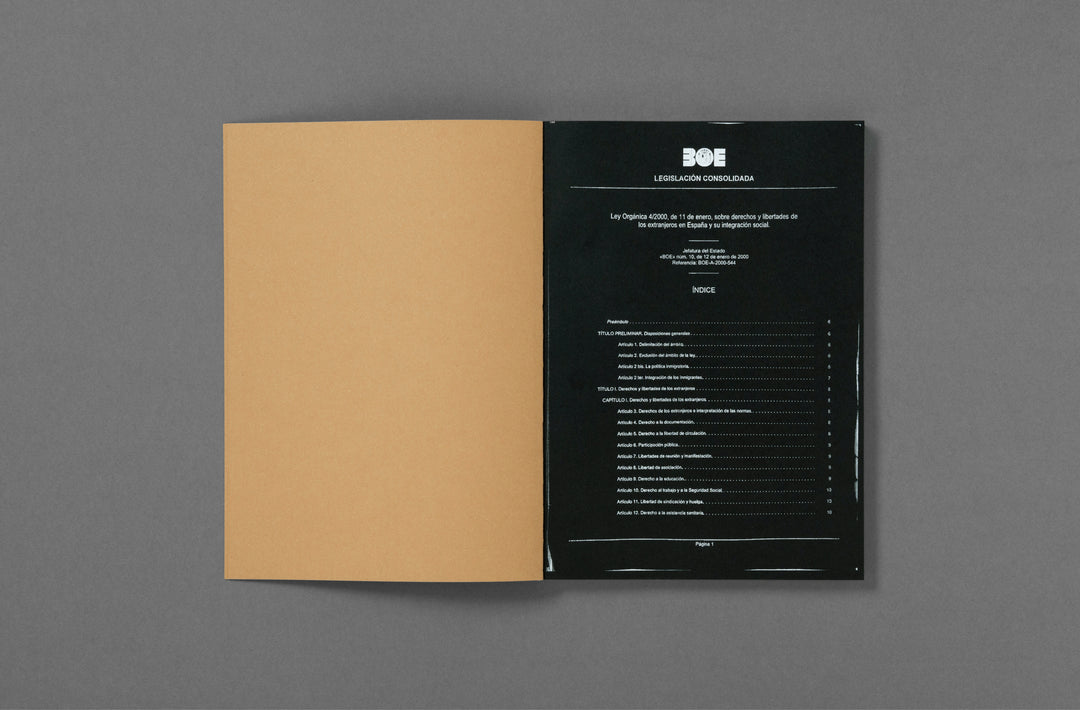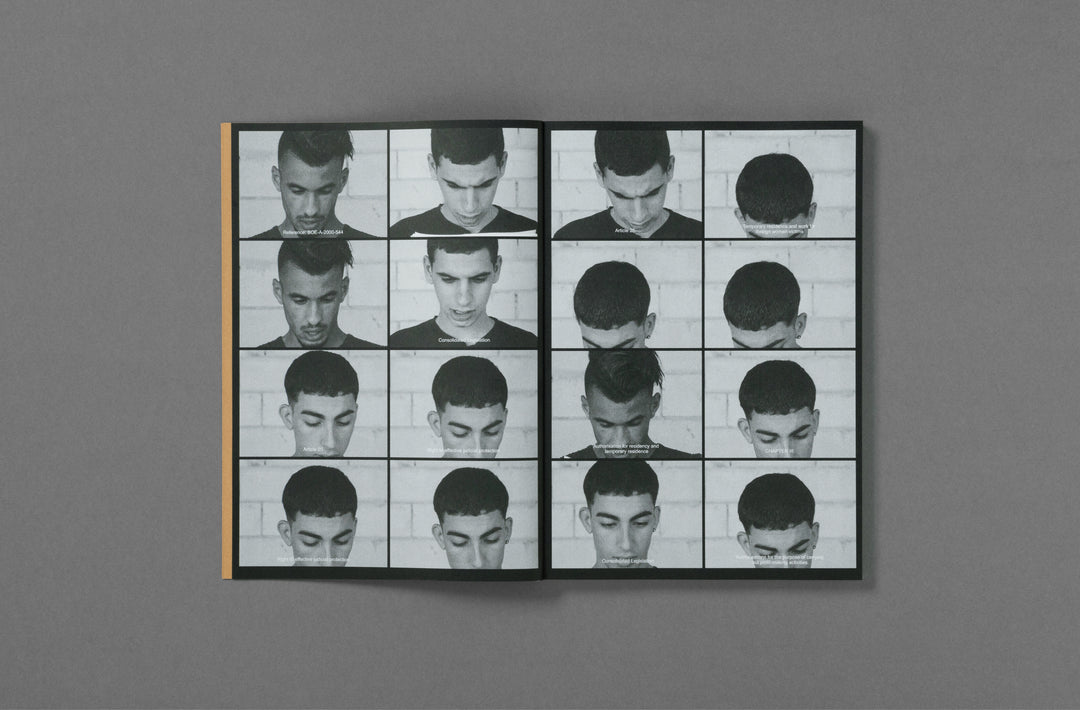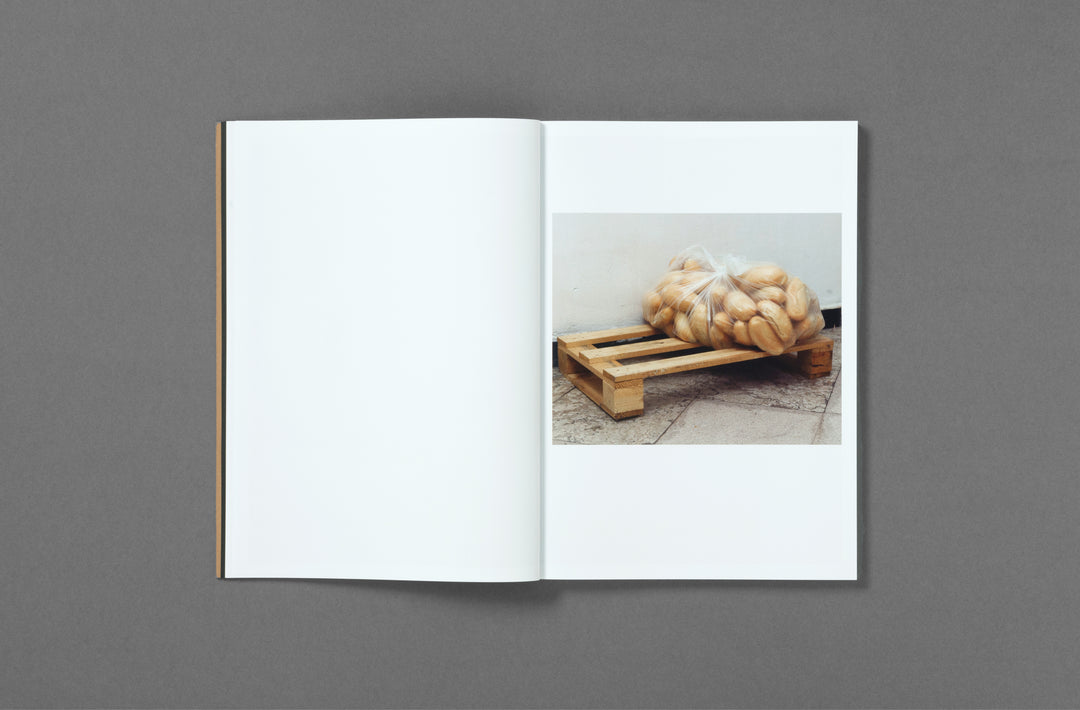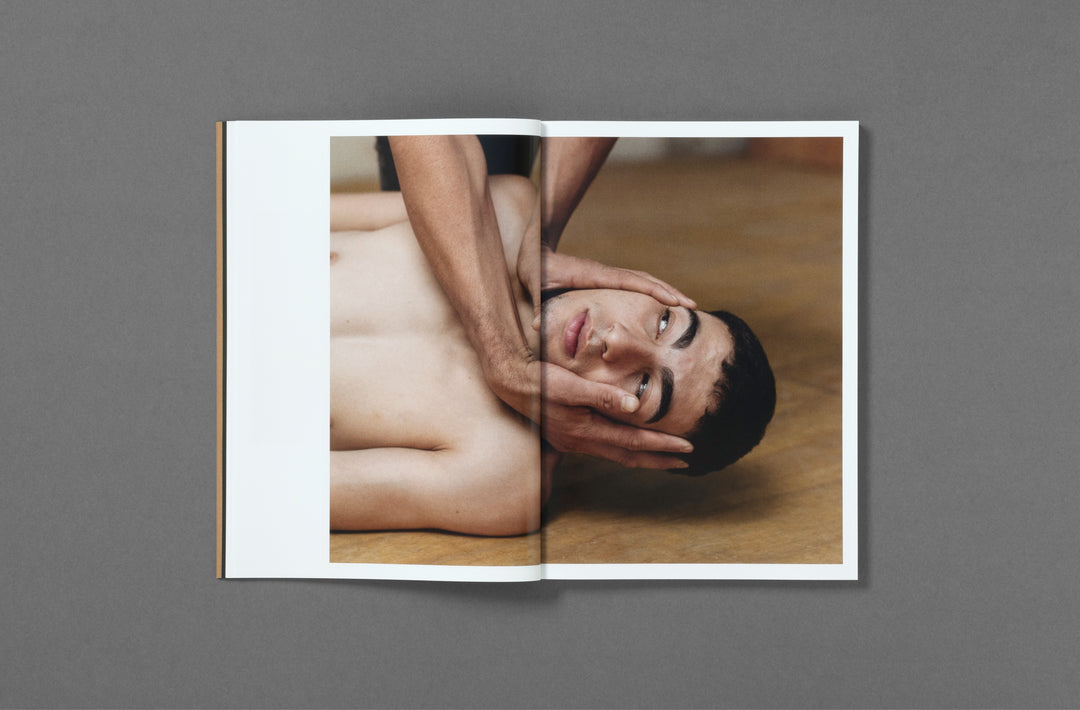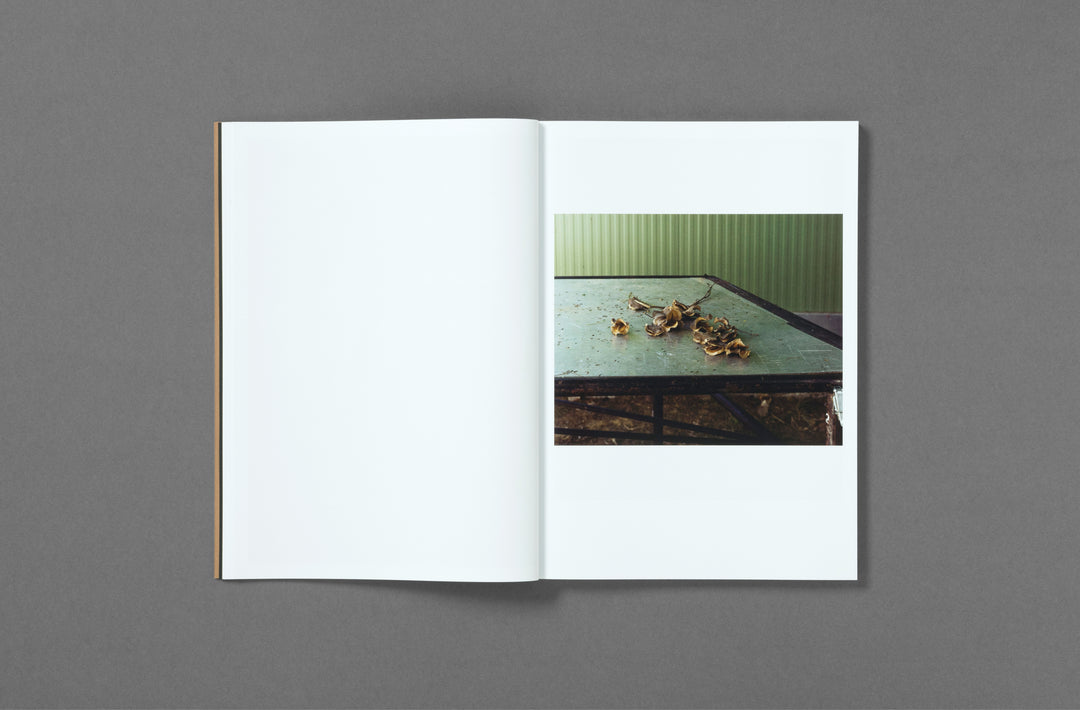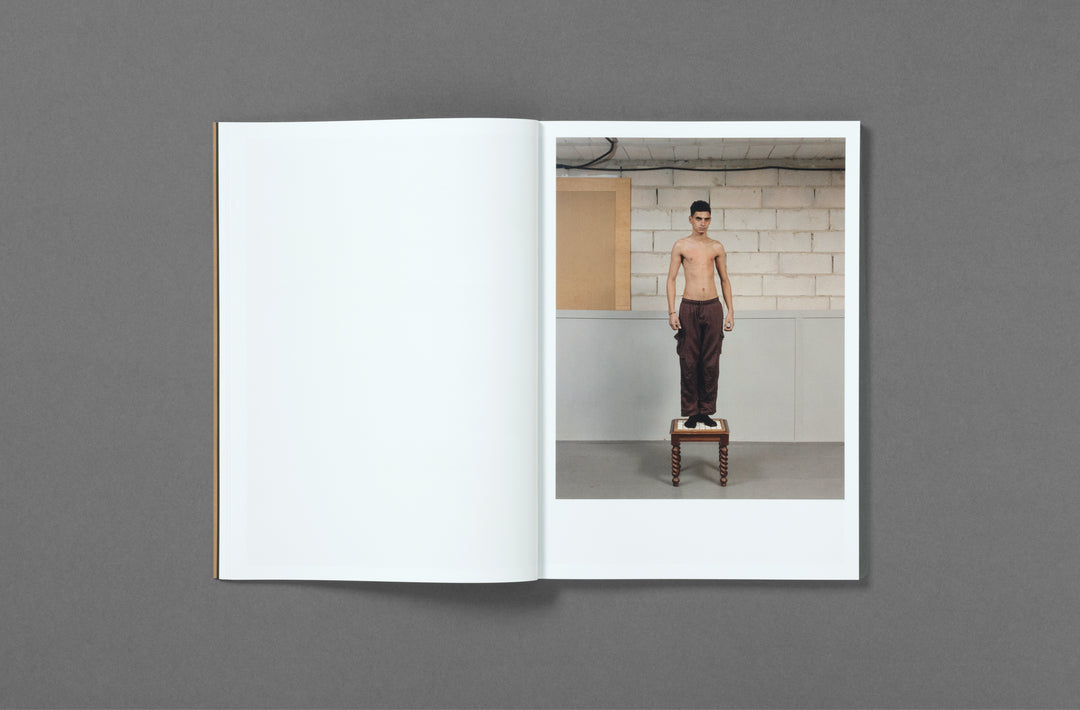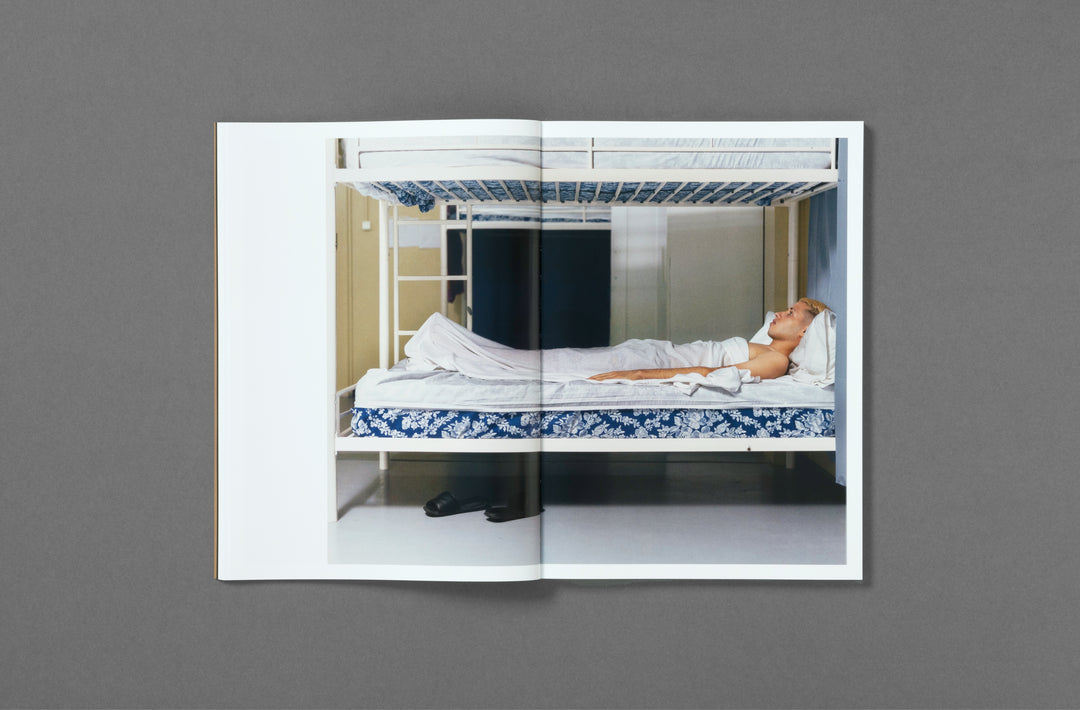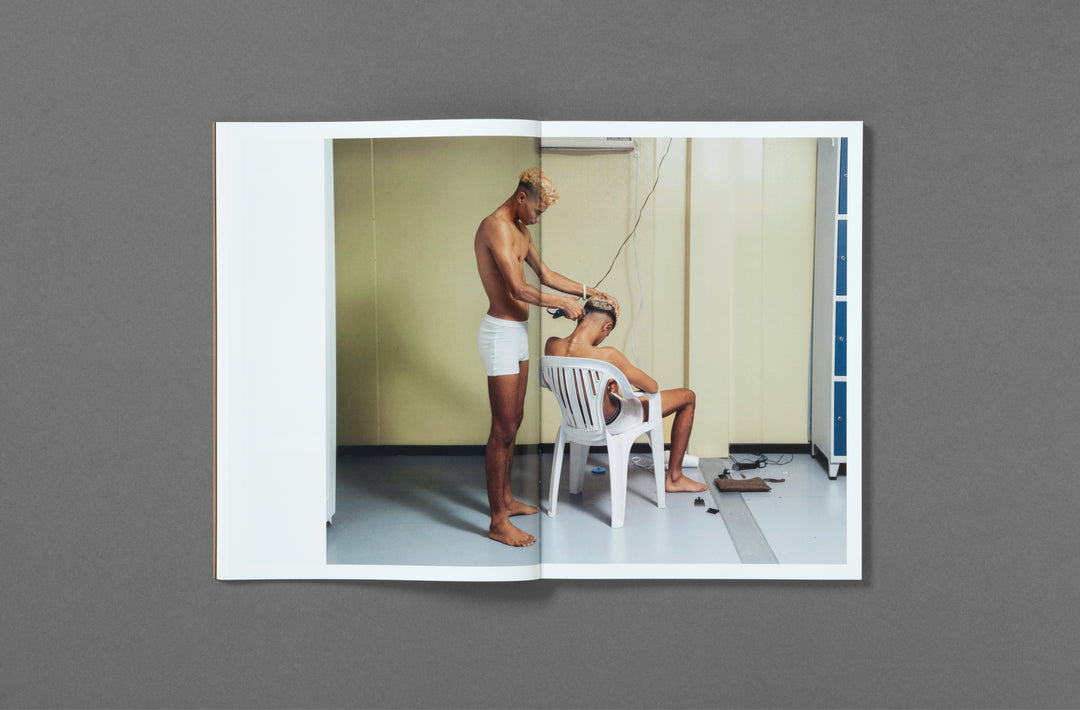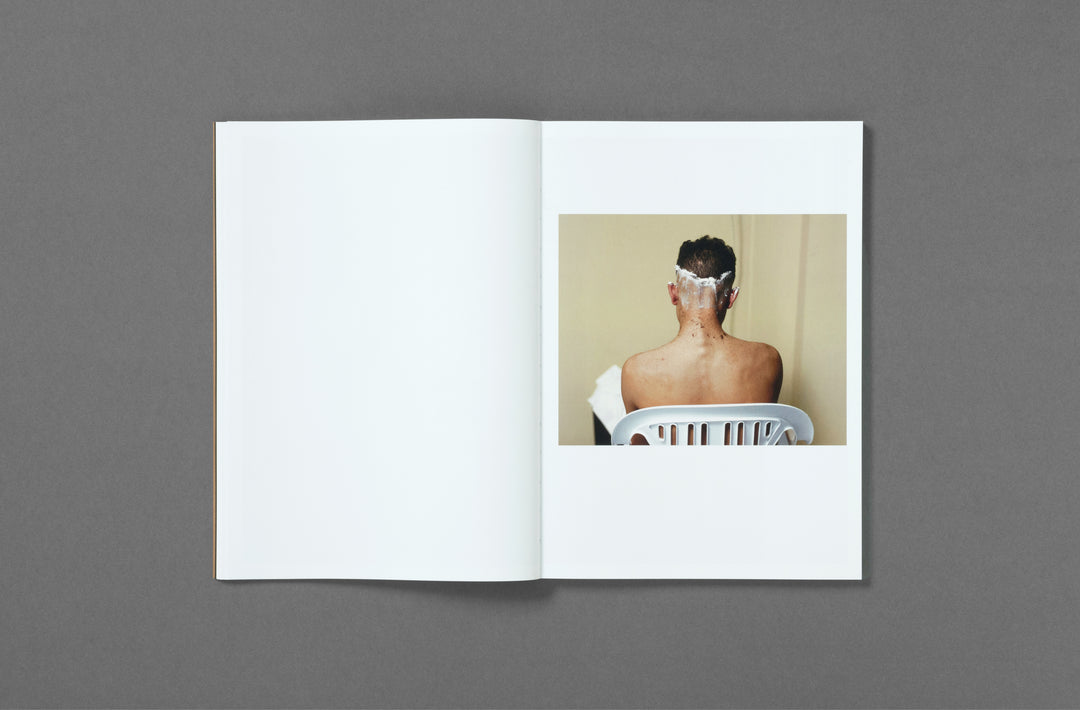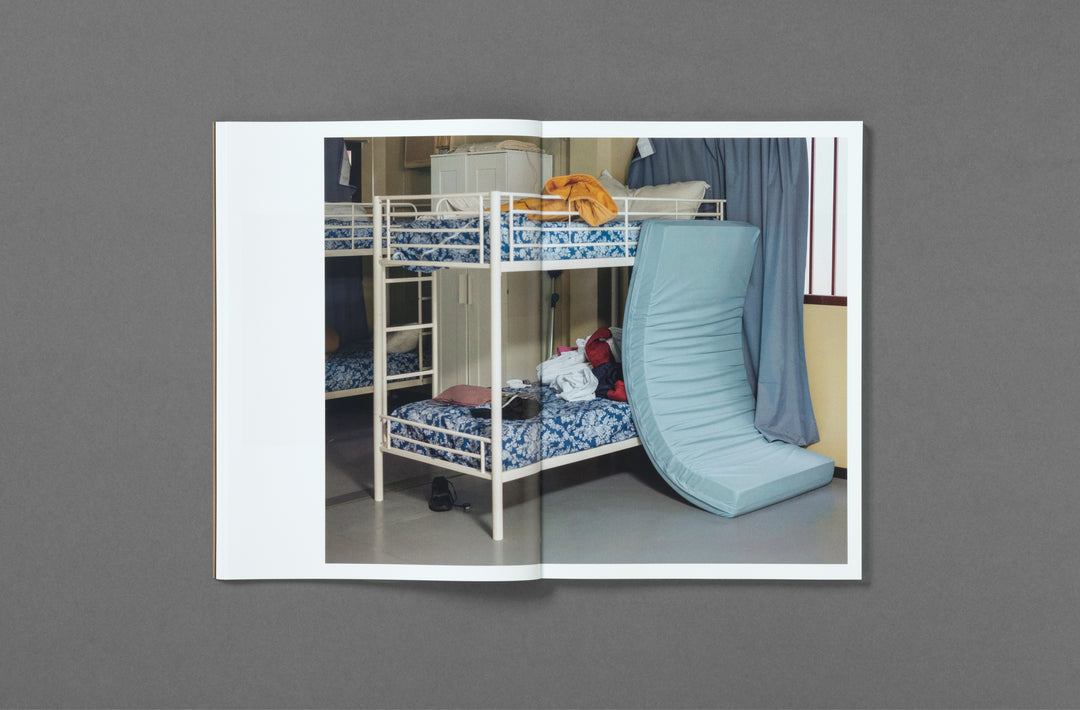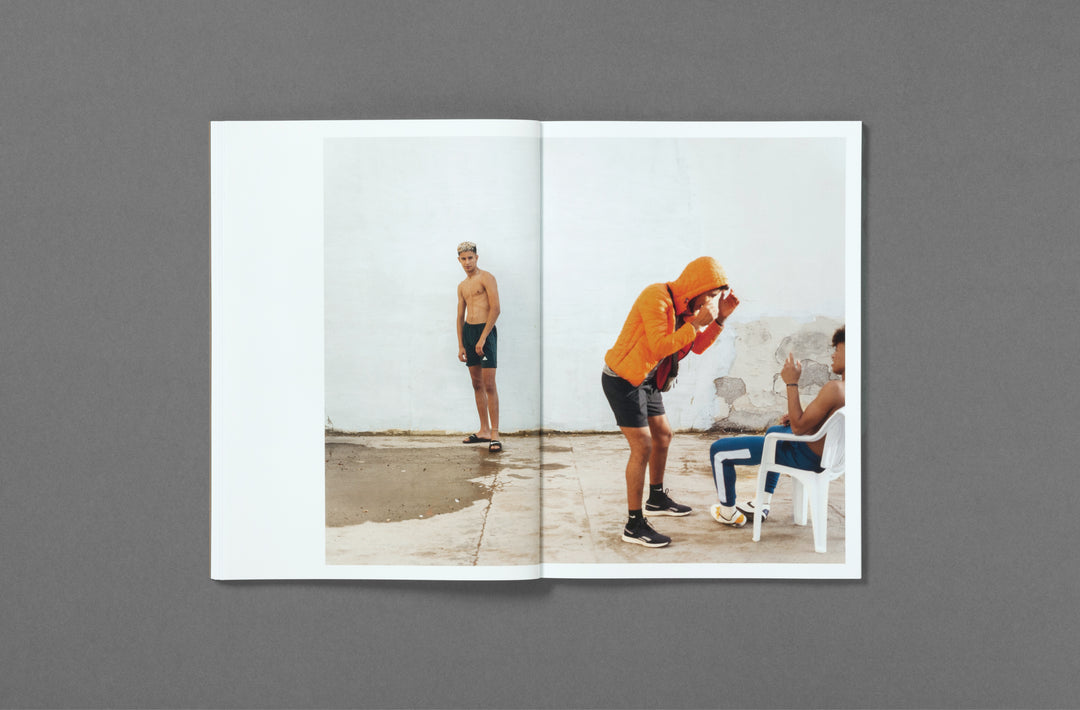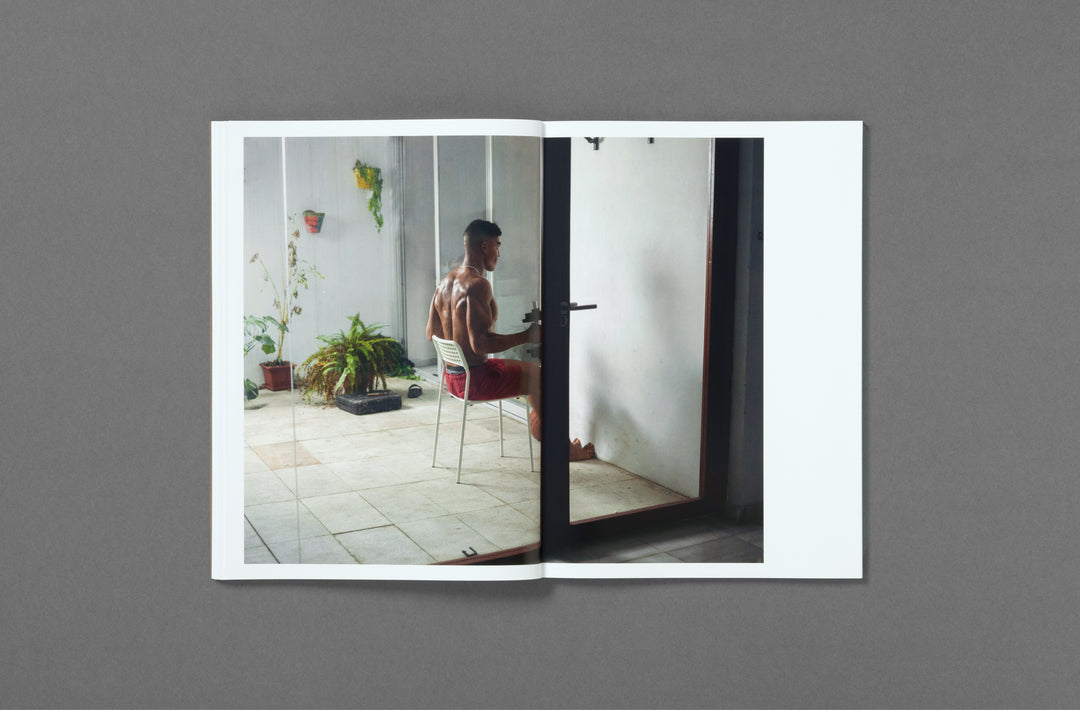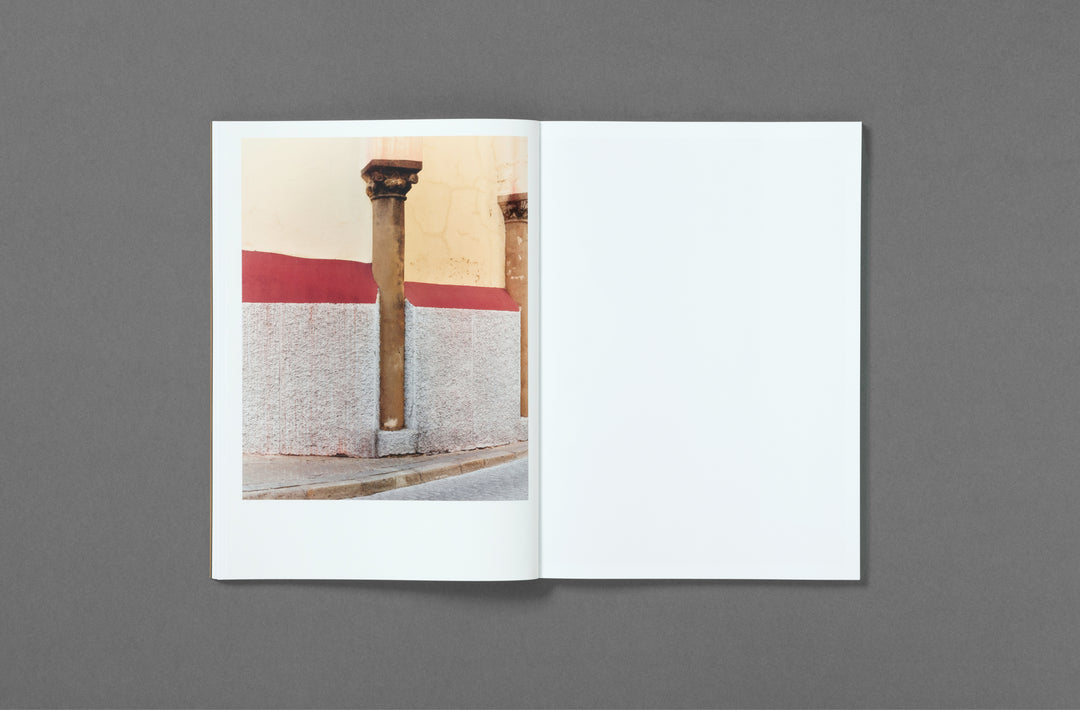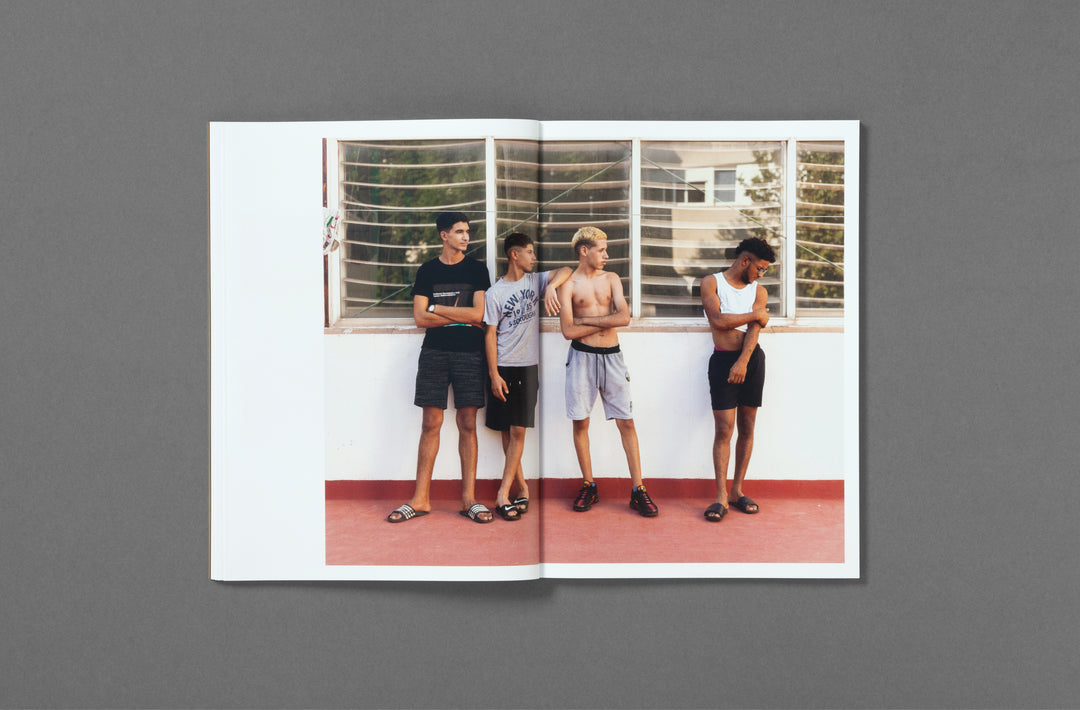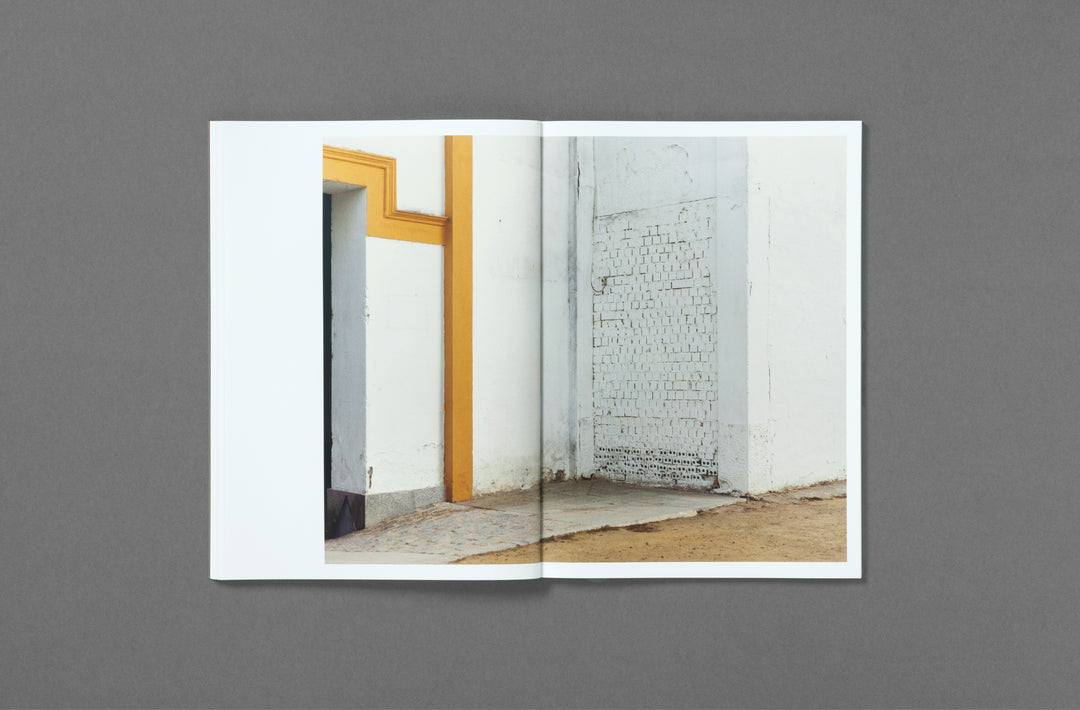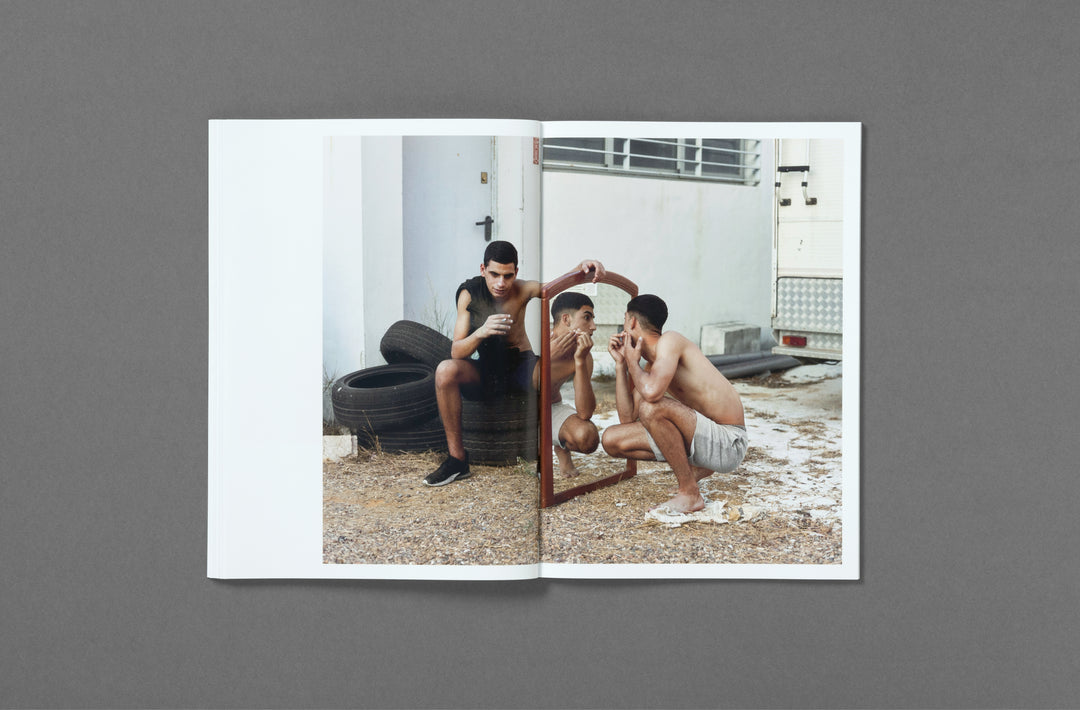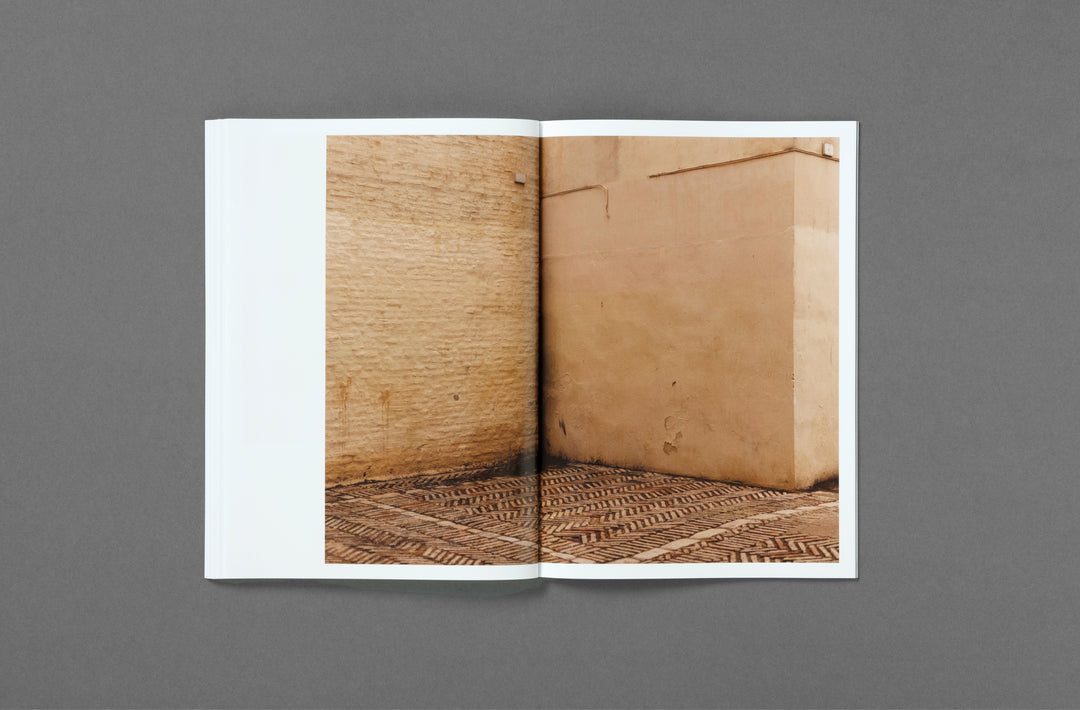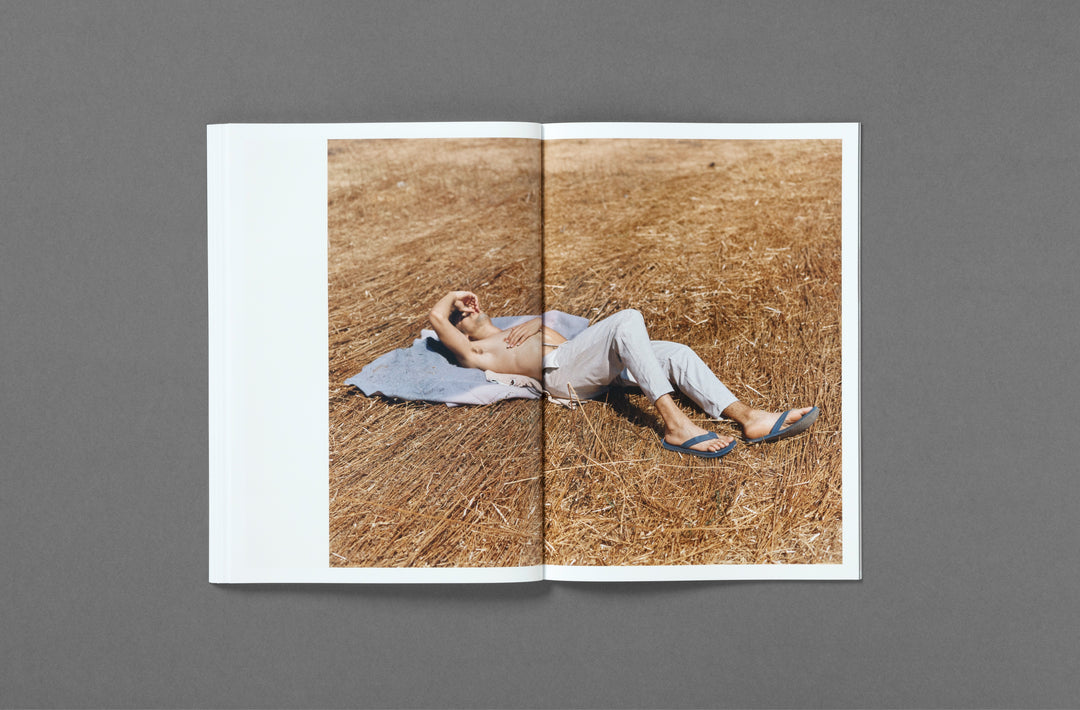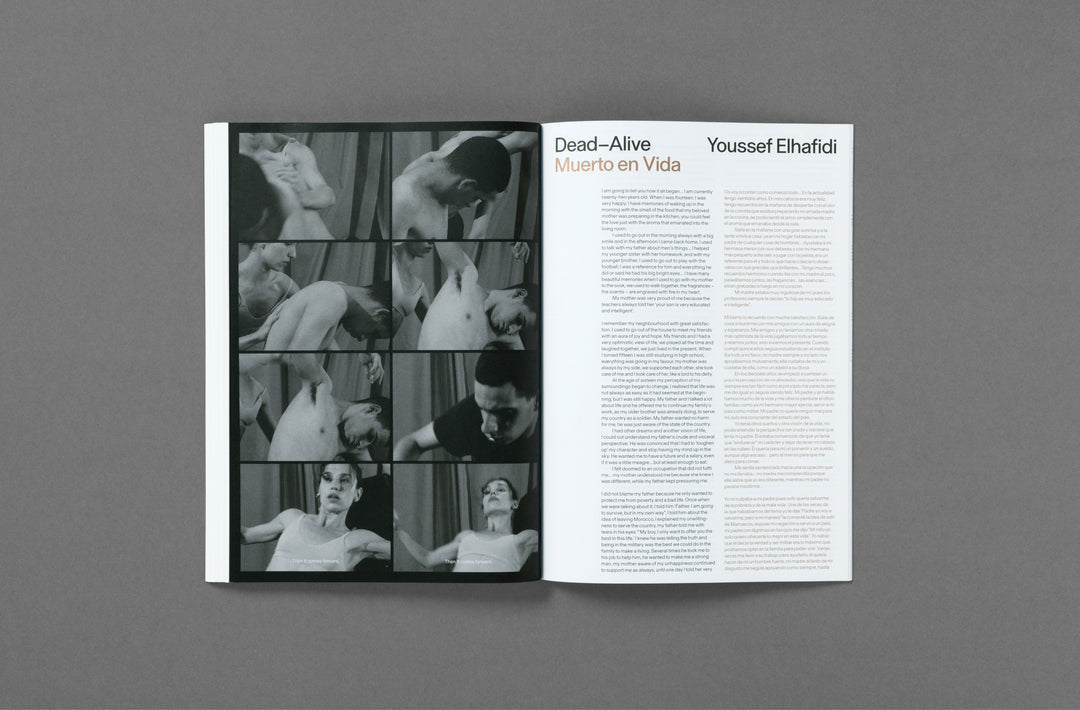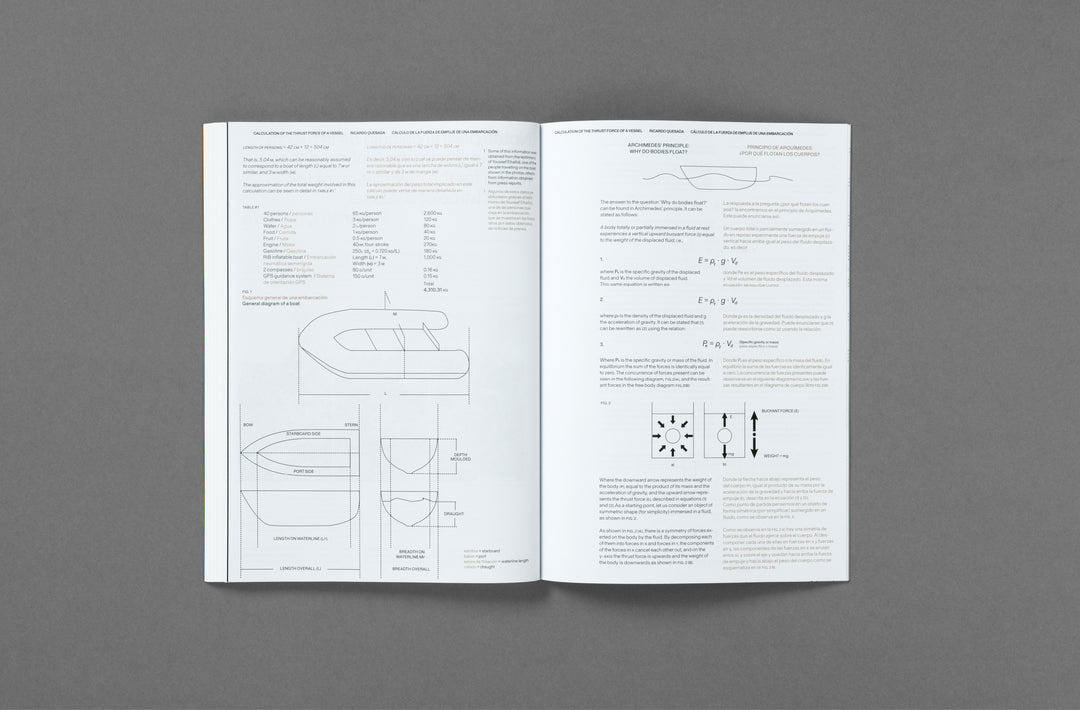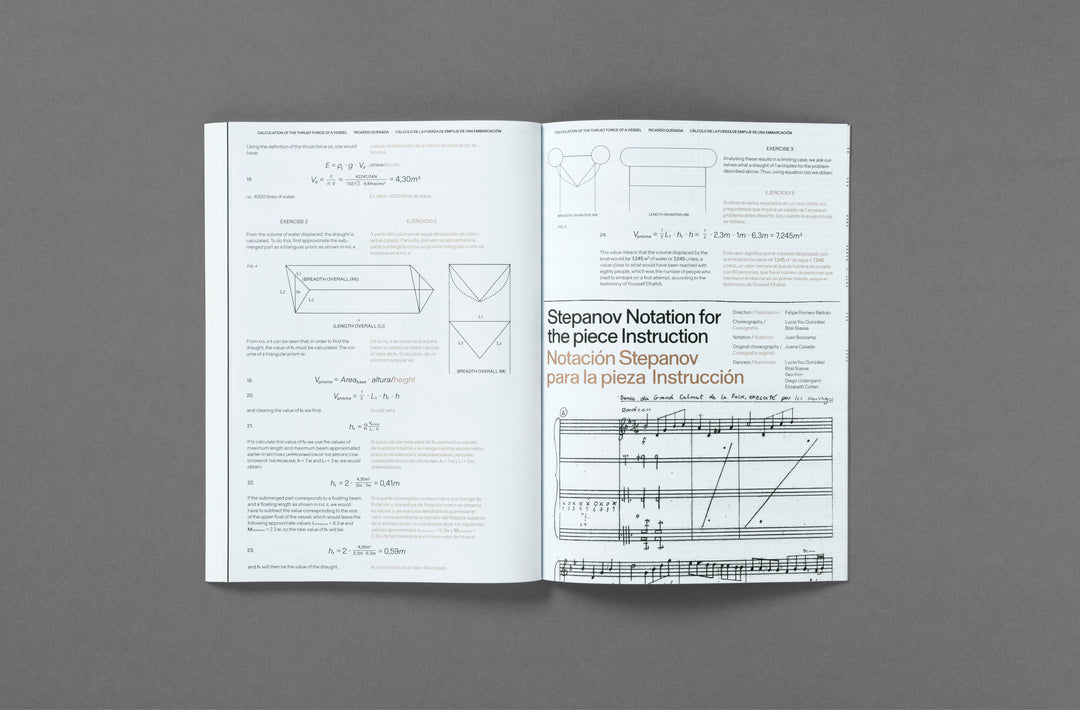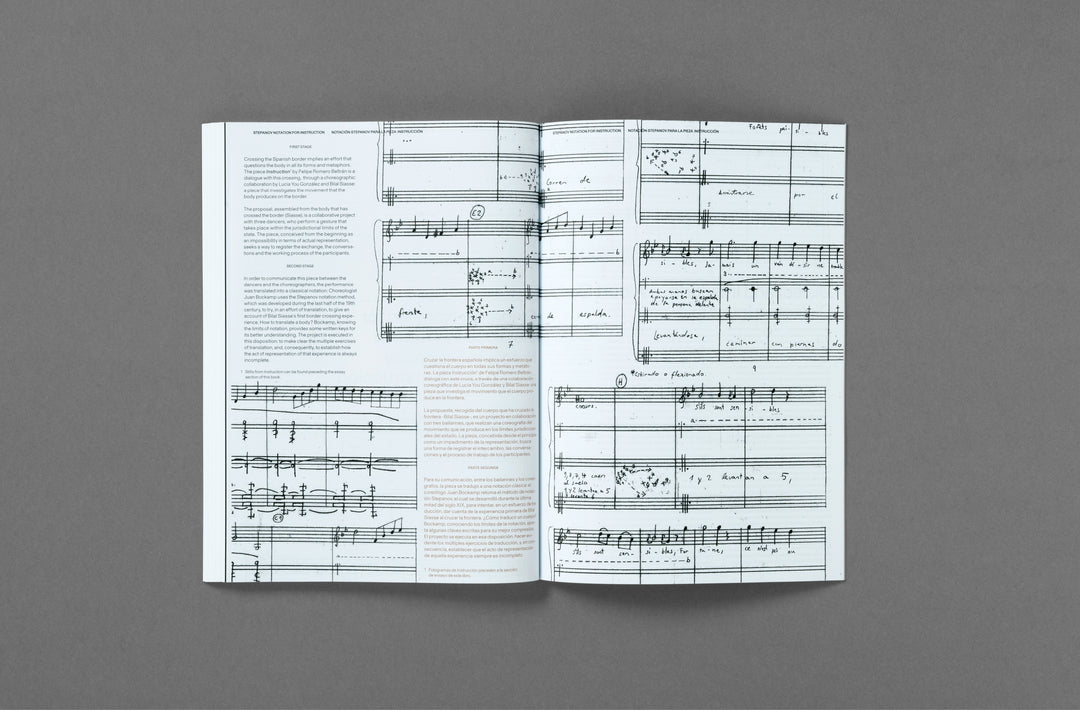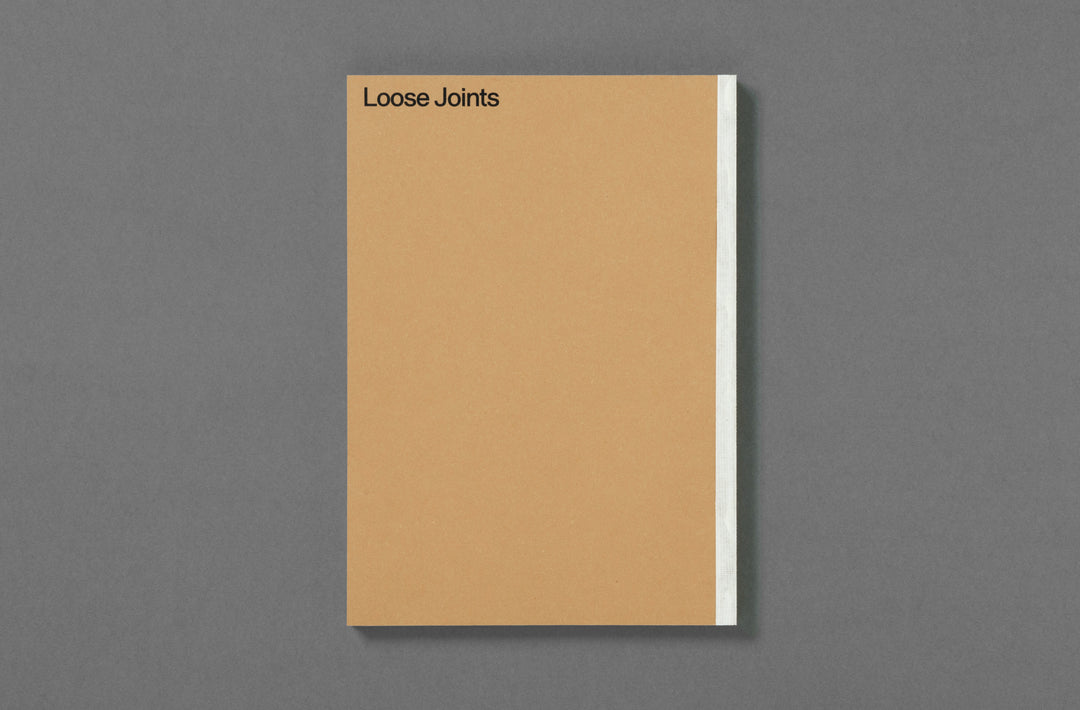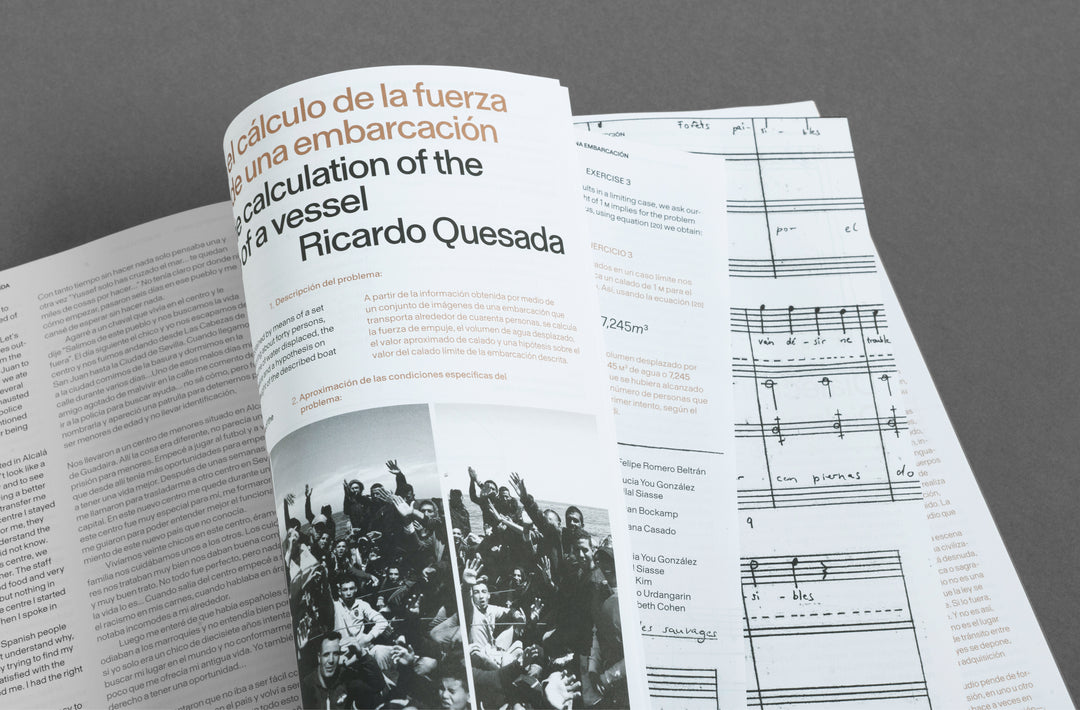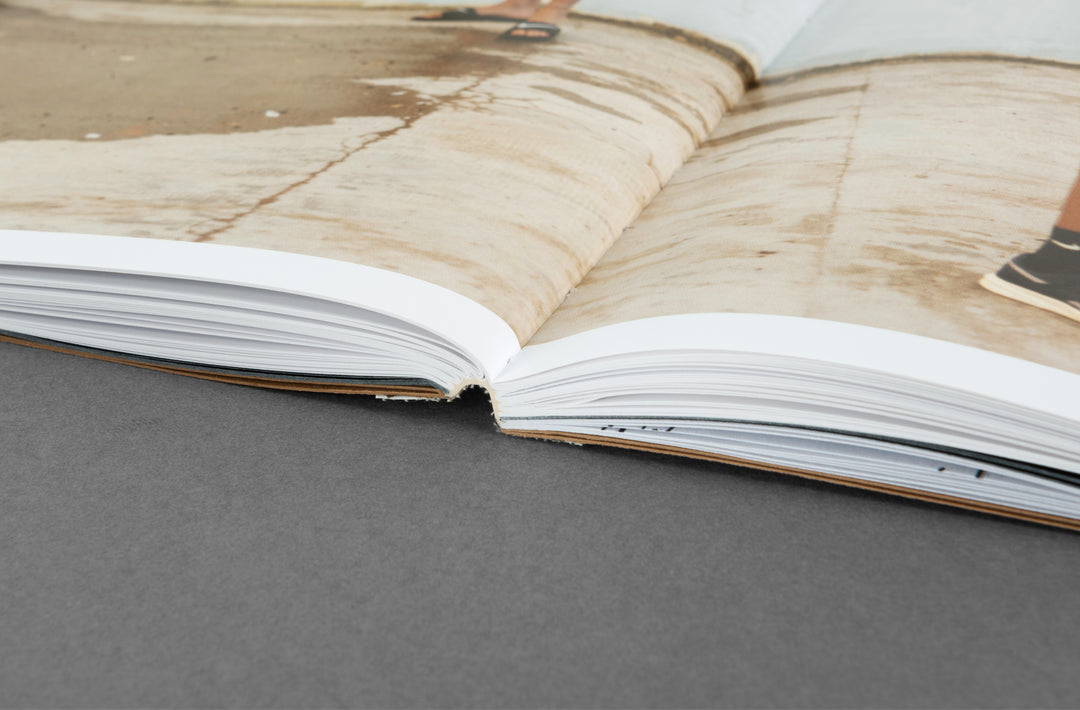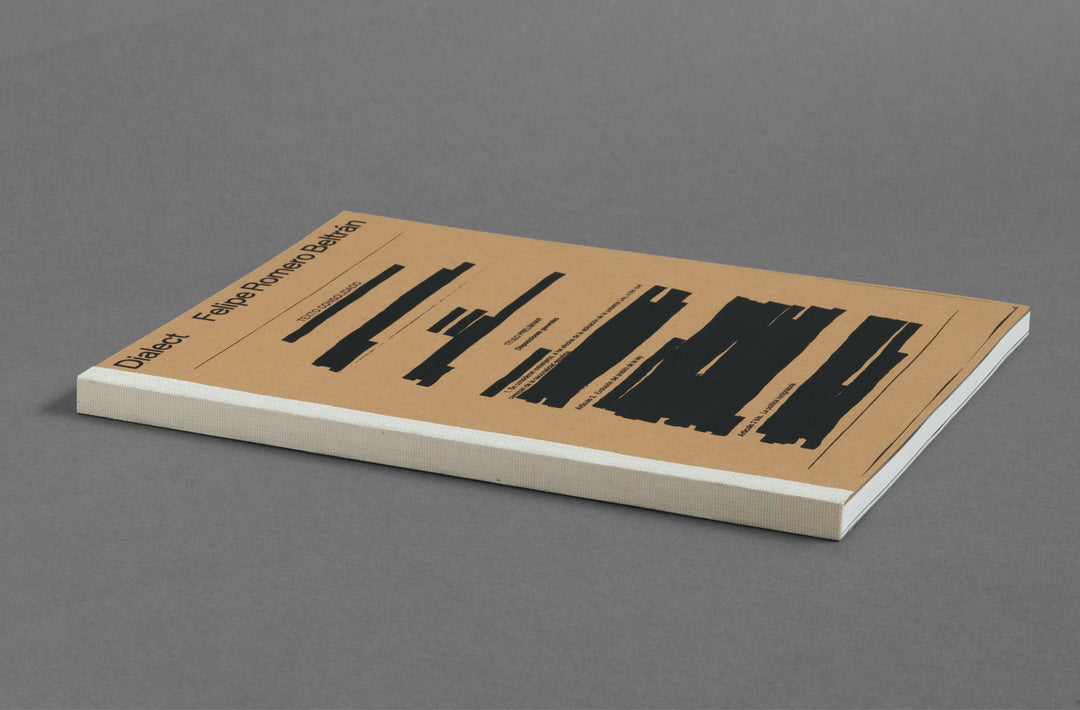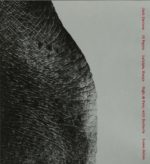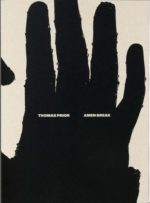Dialect couvre trois ans de violence d’État pour neuf jeunes migrants marocains exilés dans les limbes kafkaiennes à Séville, dans le sud de l’Espagne. Lorsque des migrants mineurs entrent illégalement dans le pays et ne peuvent être vérifiés en tant qu’adultes, leur garde reste entre les mains de l’État, ce qui les soumet à un long processus pouvant aller jusqu’à trois ans pour obtenir un statut juridique.
Dans cet état de suspension et de liminalité, Beltrán s’engage avec le corps comme une métaphore : en utilisant un langage soigneusement articulé entre photographie, performance et collaboration, le poids du temps mort est enregistré sur les épaules de ces jeunes hommes, entrer en dialogue avec leurs souvenirs, leurs voyages et la banalité humiliante de l’attente et de la migration. Aux côtés des œuvres vidéo et de la danse chorégraphiée, Dialect innove dans le documentaire pour mettre en lumière les pratiques d’oppression bureaucratique avec des textes en anglais et en espagnol de Caterina Borelli, Albert Corbí, Youssef Elhafidi, Zakaria Mourachid et Ricardo Quesada.
Dialect covers three years of state violence for nine young Moroccan migrants exiled in Kafka-esque limbo in Seville, southern Spain. When underage migrants enter the country illegally and cannot be verified as adults, their custody remains in the hands of the state – subjecting them to a lengthy process of up to three years to gain legal status.
In this state of suspension and liminality, Beltrán engages with the body as a metaphor: using a carefully articulated language between photography, performance and collaboration, the weight of dead time is registered upon the shoulders of these young men, entering into dialogue with their memories, journeys, and the humiliating mundanity of waiting and migration. Alongside video works and choreographed dance, Dialect breaks new documentary ground to shine a critical light on practices of bureaucratic oppression ; with texts in English and Spanish by Caterina Borelli, Albert Corbí, Youssef Elhafidi, Zakaria Mourachid and Ricardo Quesada.
